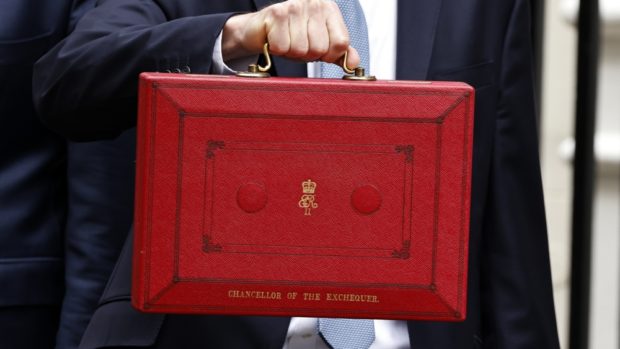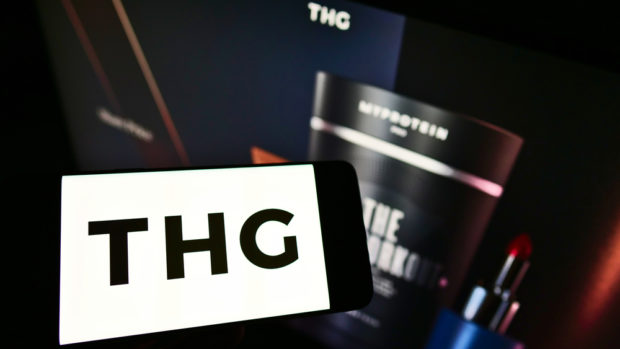To shed light on the impact the global health crisis – and ongoing recovery – has had on small businesses globally, Mastercard today released Recovery Insights: Small Business Reset. Looking at 19 markets around the world, the report reveals that sales at small- and medium-sized businesses (SMBs) lagged larger companies by up to 20 percentage points at the peak of the crisis. However, spending has recovered in 2021. Total sales at SMBs rose 4.5 per cent through August 2021 year-to-date compared to the same period in 2020, while eCommerce sales are up 31.4 per cent.
Drawing on the Mastercard Economics Institute’s new Small Business Performance Index* of aggregated and anonymized sales activity within the Mastercard network, Recovery Insights: Small Business Reset identifies several key trends:
Closures:
Globally, small businesses that closed early in the pandemic were about three times as likely as larger businesses to remain closed long term. One-third of small businesses that closed in April 2020 remained closed after six months, and about one-fifth were still closed after 12 months. Locally, the situation varied: in the U.S., roughly one in four small retailers remained closed after 6 months, vs. roughly one in 12 large retailers.
Location: Spending at SMB retailers in central business districts is down 33 per cent vs. 2019, while sales within more residential neighbourhoods grew 8 per cent. As tourists and workers stay closer to home, small businesses in commercial districts are seeing sales suffer.
eCommerce:
Following shutdowns, the number of businesses going online each month tripled from pre-pandemic levels, peaking in July 2020. This reflects increased demand for an online sales channel, as well as the slight lag after lockdowns began to bring it into reality. The shift to digital has persisted at an elevated level globally since.
Entrepreneurship:
One-third more small retailers launched in 2020 than in 2019, nearly 8x the number of larger firms created. This trend of considerable new SMB formation in 2020 is reflected around the world: U.K. (+101 per cent), U.S. (+86 per cent), Australia (+73 per cent), Germany (+62 per cent), Brazil (+35 per cent) and South Africa (+13 per cent).
“Supporting neighbourhood businesses has been a rallying point throughout the pandemic. However, the challenges faced have been very real, due to their dependency on local markets, local supply chains and tighter cash flows,” said Bricklin Dwyer, Mastercard chief economist and head of the Mastercard Economics Institute. “But, we see brighter opportunities ahead. The shift to digital opened the door to the pandemic’s silver lining: a resurgence of entrepreneurship and innovation.”








Share